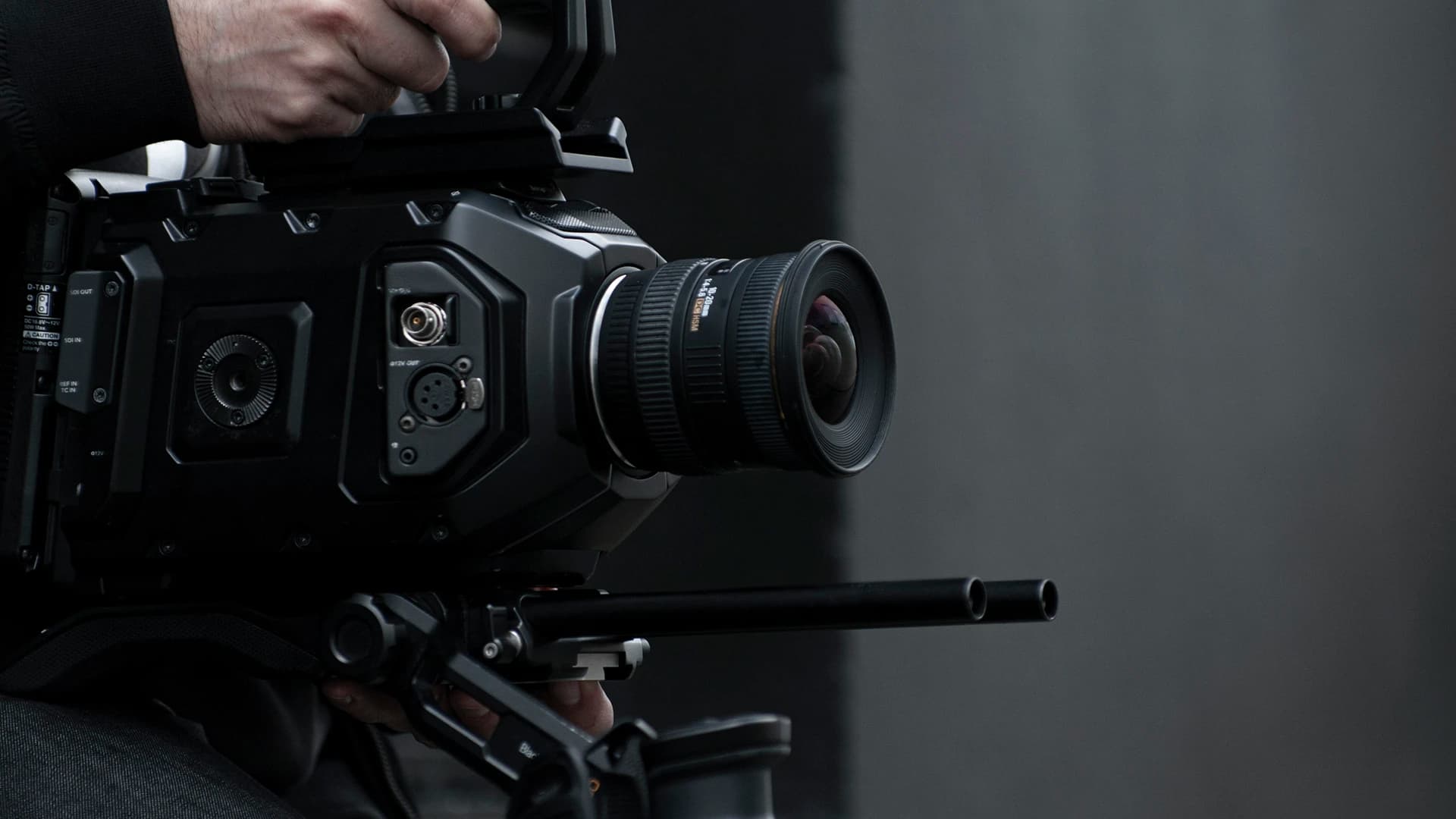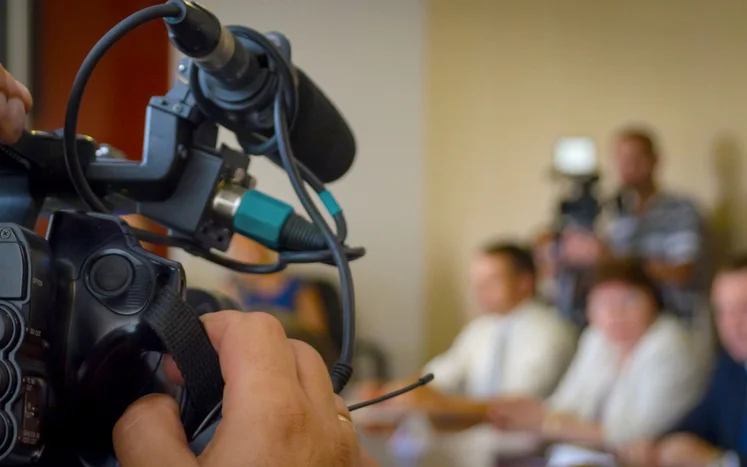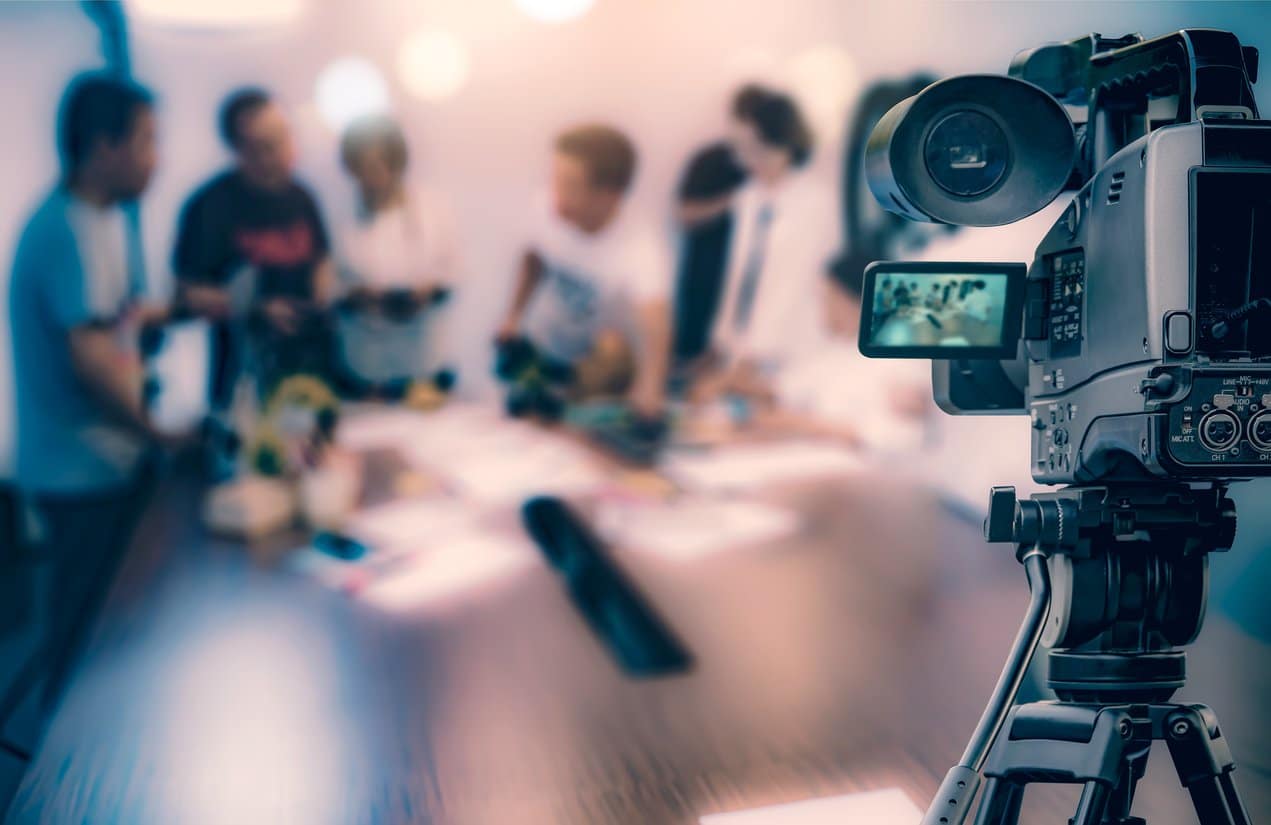Reliable Legal Videography for Depositions.
The Role of Legal Videography in Depositions and Tests
Lawful videography has actually arised as a vital device in both depositions and tests, providing a multifaceted method to recording witness testaments. By recording not just the spoken word but likewise the subtleties of non-verbal communication, this tool improves the credibility of testimonies and preserves vital proof for future procedures. As attorneys significantly identify its worth, it prompts a deeper examination of how these visual records can influence juror assumptions and trial outcomes. What implications might these developments hold for the future of legal practice?
Relevance of Lawful Videography
Legal videography plays a critical role in the documents and discussion of depositions and trials. This specialized area integrates technical abilities with lawful knowledge to create a reliable record of process that can substantially influence case end results. The appearance of lawful videography improves the understanding of witness statement, allowing jurors and courts to observe not only the talked words however also the disposition, feelings, and body language of the witnesses.

The importance of legal videography expands past the court room; it likewise plays an important role in protecting evidence for future recommendation, whether for appeals or additional lawful action. Thus, its assimilation right into the lawful process is crucial for making certain a fair and precise representation of the facts, ultimately adding to the pursuit of justice.

Refine of Legal Videography
While capturing the subtleties of depositions and tests, the procedure of legal videography includes numerous crucial steps that make certain top quality, precise recordings. Originally, a professional legal videographer prepares by examining the instance products and understanding the particular demands of the deposition or test. This preparation includes familiarizing themselves with the participants and the context, which helps in catching significant information.
On the day of the recording, the videographer establishes the necessary equipment, which generally includes high-definition video cameras, microphones, and appropriate illumination. Ensuring ideal angles and audio quality is essential, as it directly impacts the effectiveness of the recording. The videographer communicates with attorneys and individuals to develop methods, making sure that everybody comprehends the recording process.
During the deposition or trial, the videographer meticulously videotapes the process, paying close focus to both spoken and non-verbal hints. legal videography. This includes capturing the demeanor and responses of witnesses and lawyers. After the session wraps up, the videographer may modify the video for clearness and compliance with legal criteria, creating a final product that properly shows the proceedings for future reference and usage in legal contexts
Benefits in Depositions
The unification of videography in depositions uses various advantages that boost the general process of collecting evidence. One key benefit is the ability to record witness statements with visual and acoustic fidelity, giving a much more accurate depiction of the witness's behavior, tone, and body language. This multidimensional technique allows lawyers and juries to analyze integrity much more effectively than standard written transcripts alone.
Furthermore, videographed depositions work as an effective tool for protecting testament. Ought to a witness become not available for test, their tape-recorded deposition can be played in court, making certain that their evidence continues to be available and pertinent. This sites aspect dramatically minimizes the threat of losing vital information that might impact situation outcomes.
Moreover, the usage of legal videography advertises far better preparation for lawyers. Reviewing video footage permits lawful teams to evaluate and improve their strategies, determining toughness and weak points in their cases. This primary benefit can lead to even more engaging presentations in court.
Finally, videography improves the total professionalism and trust of the deposition procedure, instilling self-confidence in customers concerning the thoroughness of their legal depiction. By leveraging innovation, lawful specialists can significantly improve the effectiveness of depositions.
Influence On Trials
In numerous trials, the combination of videography can substantially affect the discussion of proof and the court's assumption. Lawful videography records witness testaments and critical evidence in a dynamic format, allowing jurors to engage with the material on numerous degrees. This aesthetic part boosts the narration element of a trial, offering context and emotional resonance that traditional text-based proof might do not have.
In addition, video clip recordings can function as his comment is here powerful tools for impeachment during cross-examination. When discrepancies arise between a witness's previous declarations and their court statement, video proof gives an unbiased recommendation that can persuade jurors' opinions. This immediacy and clarity can bolster the reliability of a party's story while all at once threatening opposing disagreements.
Additionally, making use of videography can assist improve intricate info, making it much more accessible to jurors that may struggle to realize complex details offered entirely through spoken testimony. By incorporating visuals with auditory details, legal videography can boost retention and understanding, eventually affecting the court's decision-making process. Consequently, the effect of videography in trials expands beyond plain appearances; it plays a vital role in forming the legal landscape and results.
Future Trends in Legal Videography
As we look towards the future of legal videography, a number of arising trends guarantee to improve its role within the court. One substantial trend is the combination of expert system (AI) in video evaluation and editing and enhancing - legal videography. AI can improve the procedure of recognizing key moments in taped depositions, permitting attorneys to rapidly access pertinent web content, thus improving performance in instance preparation
Additionally, the increase of online fact (VIRTUAL REALITY) and augmented truth (AR) innovations is anticipated to change just how jurors experience proof. By submersing jurors in a substitute environment, these technologies can offer a much more profound understanding of complicated situations, causing even more educated considerations.

Furthermore, the enhancing demand for remote depositions, sped up by the COVID-19 pandemic, will likely continue. Legal videographers will require to adjust to brand-new software program and systems to make sure high-grade recordings in digital setups.
Finally, the growing emphasis on data security will demand more stringent web link methods for keeping and sharing video evidence. As the legal landscape develops, legal videographers should stay abreast of these patterns to preserve their significance and efficiency in the judicial process.

Verdict
In recap, legal videography offers a vital function in the judicial procedure, boosting the integrity of depositions and tests. By capturing the subtleties of witness testimonies, this tool not only protects essential evidence yet also help in offering details efficiently to jurors. The relevance of visual paperwork in evaluating integrity and facilitating interrogation can not be overstated. As technology remains to advance, legal videography is poised to additional change its role within the legal landscape.